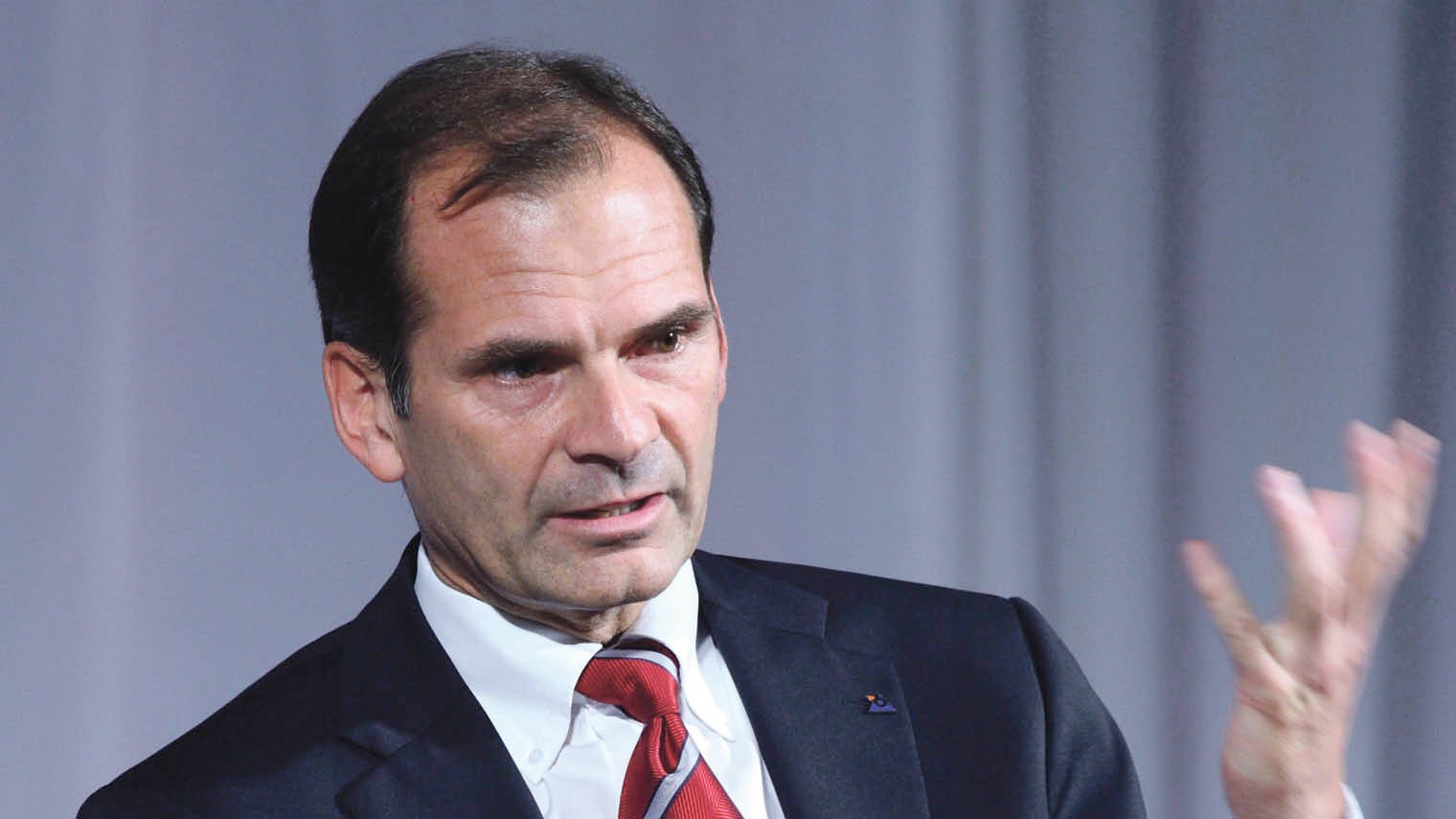Chief executives are answerable to three main groups: the board, shareholders and regulators. But increasingly, thanks to social media and clued-up customers, they must also answer to the court of public opinion.
New generations of consumers are demanding more than just products and services; a growing number of them seek assurances that companies are responsible and ethical. That means protecting the environment, preventing exploitation, and treating suppliers and employees fairly.
For CEOs at global companies, responsible practices have gone from a fringe activity to core strategy. Brand sentiment has always impacted profit and loss, but now the link is inextricable and the effect magnified. If uncovered, dodgy dealings can create an existential crisis at a company overnight.
Conscious of this precarious balance and, of course, keen to do their bit, business chiefs around the world have hired top people, set targets and created structures to reduce negative impacts and augment positive ones.
Each company has its own footprint – product suite, area of operations, headcount and so on – so each has its own unique opportunity to effect change. For Tetra Pak, a multi-billion-pound food packaging company employing tens of thousands of workers, there is ample scope.
“For us, sustainability is about saving energy, reducing water consumption and making better use of raw materials,” says CEO Dennis Jönsson. “It is perfectly aligned with what we want to achieve for our customers and ourselves as a profitable business.”

Tetra Pak CEO Dennis Jönsson says the company is working towards 100 per cent renewable packaging
Tetra Pak is one of a number of companies responding to new United Nations sustainable development goals, which commit organisations to solve some the world’s biggest challenges, such as eliminating poverty and hunger, reducing inequality, and promoting responsible production and consumption.
“Our goal for 2020 is to cap emissions at 2010 levels even as our business grows. We secure 100 per cent of our paperboard from Forest Stewardship Council-certified sources and an increasing amount of our packaging includes plastics from bio-based polymers, as we work towards 100 per cent renewable packaging. Ultimately, our goal is to produce packaging that saves more than it costs,” says Mr Jönsson.
For Jose Carvalho, general manager at American Express Global Commercial Payments Europe, sustainability will become more important as new generations become consumers and rise up the career ladder.
“With a new generation of CEOs about to take the helm, we can expect the way we do business, and the role of the CEO itself, to change substantially,” he says. “It is important for business leaders today to take steps to incorporate the priorities of millennials into their organisations’ structures and operations.”
American Express conducted a study of 2,300 current and future business leaders, which found that three quarters believe organisations must evolve and adopt a “genuine purpose” to maintain levels of success. The research also shows that younger bosses are more likely to invest in sustainable initiatives than previous generations.
Technology giant HP has invested in a range of measures to address challenges. It is working to develop a supply chain free of conflict materials and has developed standards for the recruitment of migrant workers in the supply chain.
It is a member of Truckers Against Trafficking, an organisation working to eradicate sex trafficking, has worked to redress gender imbalances in developing economies and committed to a programme of energy efficiency, which it says has saved 500 million kilowatt hours of electricity and nearly a million tonnes of carbon emissions. The latter saved the company around $73 million.
But corporate responsibility is not just for global mega-businesses. CEOs at smaller organisations have been leading the charge for years. Suffolk-based brewer and distiller Adnams is on a mission to reduce its environmental impact to zero.
Questions are being asked about the role of responsible capitalism and we must answer with decisive action
According to CEO Andy Wood, it focuses on emissions, water usage, biodiversity and waste. Carbon emissions have fallen 23 per cent since 2013, partly because the company has switched to renewable-only energy sources.
“My role is to ensure we have the right people with the right backing at Adnams, so they can make the changes needed. It is also my job to lead from the front, pushing the environmental message and speaking with passion about the benefits it can bring,” he says.
“With trust in institutions at an all-time low, any CEO in the 21st century needs to consider the sustainability of their business if they want to thrive. Questions are being asked about the role of responsible capitalism and we must answer with decisive action.”
There is a business opportunity in sustainability. According to the Business and Sustainable Development Commission, sustainable models could generate $12 trillion of new economic opportunities and create 380 million jobs by 2030.
But in a corporate world governed by shareholder value and profit statements, the challenge for CEOs is to walk the tightrope of ethics versus short-term company performance. Fail to maintain growth and it could cost you your job, regardless of your best intentions.
“Education is key,” says Amy Jadesimi, CEO of LADOL, a logistics and engineering facility in Nigeria. “Shareholders are always going to look for value; a CEO has to be able to relay that these approaches are going to create sustainable profits.”
But for Hugh Jones, managing director of business advisory at the Carbon Trust, the communications job is getting easier. “Increasingly boards and investors are putting the pressure on to CEOs to act more sustainably,” he says. “What CEOs need to sell to boards and investors today is the speed at which they are moving towards a sustainable future, not the overall direction of travel, explaining why their strategy is both prudent and profitable.”

